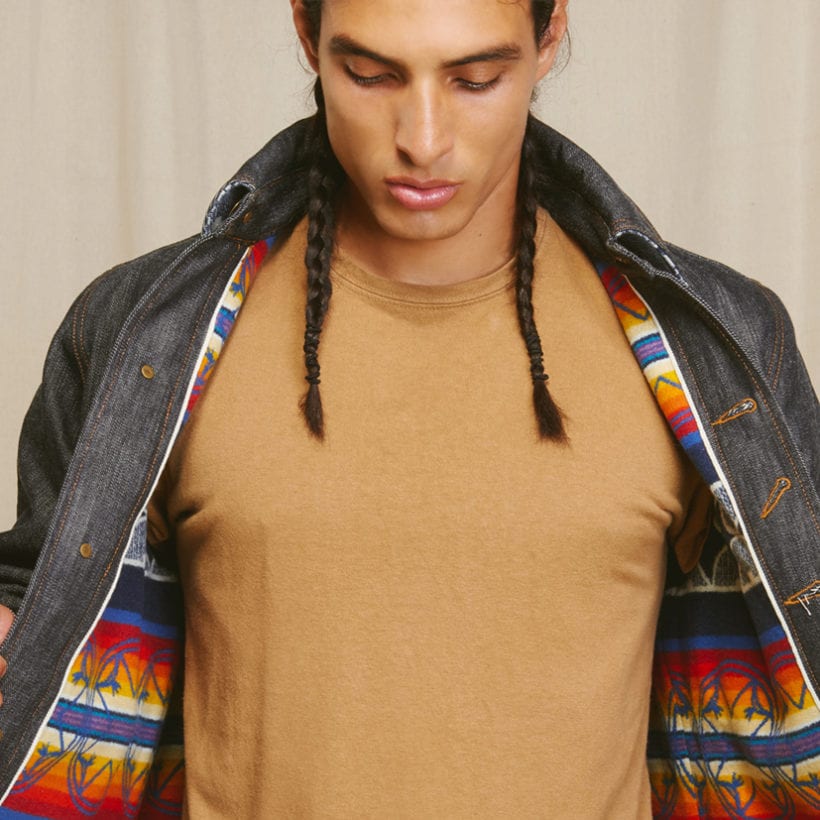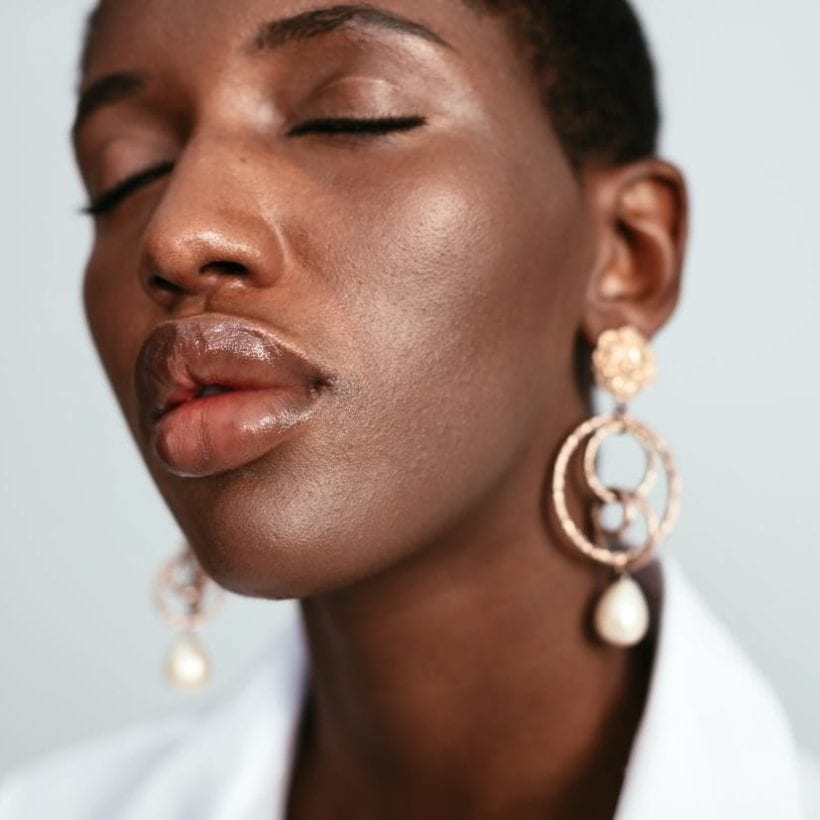When it comes to diversity in the beauty world, it seems like we’ve finally seen positive shifts in the movement: Brands are addressing the needs of darker skin tones with a wider variety of product offerings, more people of color are being represented as spokespeople and more BIPOC-owned brands are being celebrated in the media. But is this push for diversity in skincare enough? According to these influential pros below, it’s really just the beginning. There’s still a lot of work to be done to see an equal playing field in so many areas, from what we consume on social media to what budding dermatologists learn in medical school when it comes to treating people of color. These five people are working hard to change the game — read on to support their journeys.
Malone Mukwende, author of the “Mind the Gap” handbook
https://www.instagram.com/p/CBljhUGFKRc/
A simple internet search of any skin condition and you’ll find that most of the images are of lighter skin tones. And Googling your skin conditions unfortunately isn’t that much better than what you’ll find in most medical textbooks. These textbooks still show an absence of imagery and a major lack of representation of how skin conditions look on people of color, according to Mukwende, a third-year medical student at the St. George’s University of London. This inspired him to write “Mind the Gap: A Handbook of Clinical Signs in Black and Brown Skin.” When he first started med school, he “noticed that there was a lack of teaching on how signs and symptoms present on darker skin” and it became apparent that this is how misdiagnosis for people of color is so common. “Misdiagnosis is avoidable if there were more information about how conditions present on darker skin. That’s why there’s a distrust between the Black community and healthcare. And [if things don’t change] it will continue to grow further as more people hear stories about negative experiences with healthcare. This reduces the confidence the patients have with healthcare and can lead to a reduction in compliance,” says Mukwende. “Mind the Gap” features skin conditions such as cyanosis, jaundice and meningococcal disease. “We are still looking to add conditions like diabetic foot ulcer to spider naevi,” he says, but sourcing imagery is challenging. To help solve this, he ultimately aims to make “Mind the Gap” an accessible document where people will be allowed to submit their own photos to help the handbook grow further.
Intisar Bashir, co-founder of Browndages
https://www.instagram.com/p/Bw9K0bzFFWy/
The intention of bandages is that their “nude” color blends in with the rest of your skin, but why do brands produce only one “flesh-matching” shade when there are many skin tones? That’s what inspired Bashir and her husband Rashid Mahdi to create their own bandage line to match brown skin. Entrepreneurship is in their blood: “My father is a long time business owner and that is what I saw my entire life. My husband and I have always tossed around business ideas. This is one we felt proud of and thought would give our children a sense of pride,” she says. Bashir’s kids were also a huge source of motivation — inspiring them to partner with a local Ohio artist to draw their children in different careers (a chef, veterinarian and astronaut). “We hope our children’s takeaway is that if you put forth the work to bring an idea to fruition and continue to work hard day in and day out, you can make a place for yourself in this world, no matter how saturated it is,” she says.
Quani Burnett, founder of @Beauty4BrownSkin
https://www.instagram.com/p/CBWQfrNHPYh/
Scrolling through her social media feed, it was difficult for Burnett to find resources that focused on brands that worked for her skin. “It’s hard to feel that a skincare product is meant for me if I don’t see people who look like me in a brand’s content,” she says. So, Brunett created her own safe space via her Instagram feed @Beauty4BrownSkin and site of the same name. She typically focuses on reviews for her combination/acne-prone skin under weekly franchises like #TextureTuesday — making sure she includes brands that are affordable, yet effective. When the multihyphenate (she balances a full-time job in the healthcare industry) isn’t talking about beauty, you’ll find her push for inclusivity in everything from her poetry to promoting fellow BIPOC content creators.
Dr. Susan Taylor, founder of the Skin of Color Society
https://www.instagram.com/p/CEuPAVsjvBT/
Recent statistics show that in the U.S. only six percent of medical professionals are Black — a fraction of those being dermatologists because of the field’s notoriously challenging requirements. Taylor started the Skin of Color Society (SOCS) a non-profit that aims to not only help educate people in the medical field about how to treat patients of color but also as a way to connect patients with the 773 Skin of Color Society members around the world. There’s data that indicates that patients are more satisfied with physicians that are the same race as they are, says Taylor. “They’re more likely to follow the physician’s directions and feel much more confident with the visit when their doctor understands their culture,” she says. Taylor’s determined to encourage medical students and future scientists to help create a more inclusive approach to dermatology: “I serve on the SOCS Grant Awards Committee, which advances the scientific study and promotes investigative research of Skin of Color by evaluating and funding research projects. We provide up to two awards yearly for young investigators. In 2021, we will be able to provide even more (and larger!) grants.”
Tacola Buyarski, founder “PoC Skincare: The Group”
https://www.instagram.com/p/Brs8zzVFIDs/
Buyarski is the founding member of “PoC Skincare: The Group,” which is a gender-inclusive Facebook community of over 28,000 individuals of skincare enthusiasts. “I was in another skincare group on Facebook that was run by white women. I noticed a lot of times when people of color posted, there wasn’t good advice or the administrators would generalize that all skincare is the same for all people of color,” says Buyarski on why she started this community. Members of the group share honest product reviews, before/after skin transformations, articles and tips. For many, the most helpful part of the group is the solidarity that you’re not alone in your skin issues: “The most commonly discussed topic is definitely hyperpigmentation. We have threads about it with thousands of comments,” she says.







